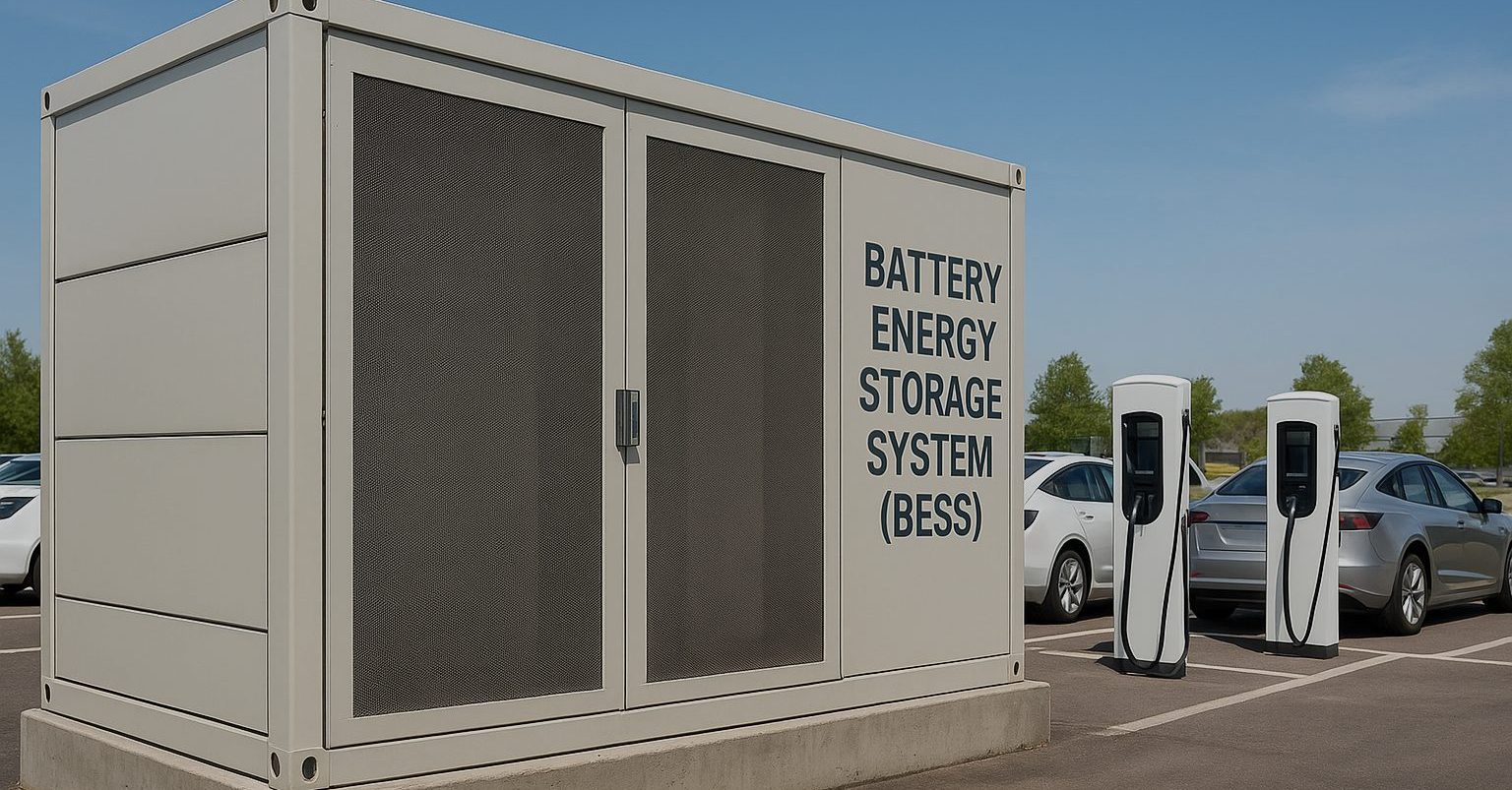
BESS-Powered Charging: How Battery Storage Makes EV Charging Faster and Cheaper


What Exactly is BESS-Powered Charging?
BESS-powered charging stations are essentially EV chargers with their own massive battery banks. These systems store electricity when demand is low and energy is cheap, then release that stored power directly to your vehicle when you need to charge. Think of it as having a giant power bank for your car – one that’s been strategically charged when electricity rates were at their lowest.
Unlike traditional charging stations that draw power directly from the electrical grid, BESS-equipped stations can operate independently. This means they’re not affected by grid congestion, peak hour pricing, or sudden demand spikes that typically slow down charging speeds and drive up costs.
Why Traditional Charging Struggles When You Need It Most
Most EV charging stations today are simply plugged into the electrical grid, which creates several problems. During peak hours (usually 4-9 PM), electricity costs can triple. Grid overload during high-demand periods often reduces charging speeds to a crawl. And when everyone needs power simultaneously, the infrastructure struggles to keep up.
This is where companies like Tobor are making a difference. By integrating advanced BESS technology into charging infrastructure, they’re addressing these fundamental limitations head-on.
Skip the Rush Hour, Even at Rush Hour
One of the biggest advantages of BESS-powered charging is consistent, high-speed power delivery. Traditional grid-connected chargers often throttle down during peak demand periods to prevent grid overload. With BESS systems, your charging speed remains constant regardless of what’s happening on the broader electrical grid.
The stored energy can be released at optimal rates, meaning a 30-minute charge that might take 45-60 minutes during peak grid hours. For busy EV drivers, this time savings adds up significantly over weeks and months of regular charging.
Why Your EV Charges on Yesterday’s Cheap Electricity
BESS systems excel at energy arbitrage – buying low and selling high. These batteries charge themselves when electricity is cheapest (often at night or during off-peak hours when rates can be 50-70% lower). When you arrive to charge your vehicle, you’re essentially buying that stored cheap electricity rather than expensive peak-rate power.
Some BESS-powered stations can reduce charging costs by 30-40% compared to traditional peak-hour rates. For frequent EV users, this can translate to hundreds of dollars in annual savings.
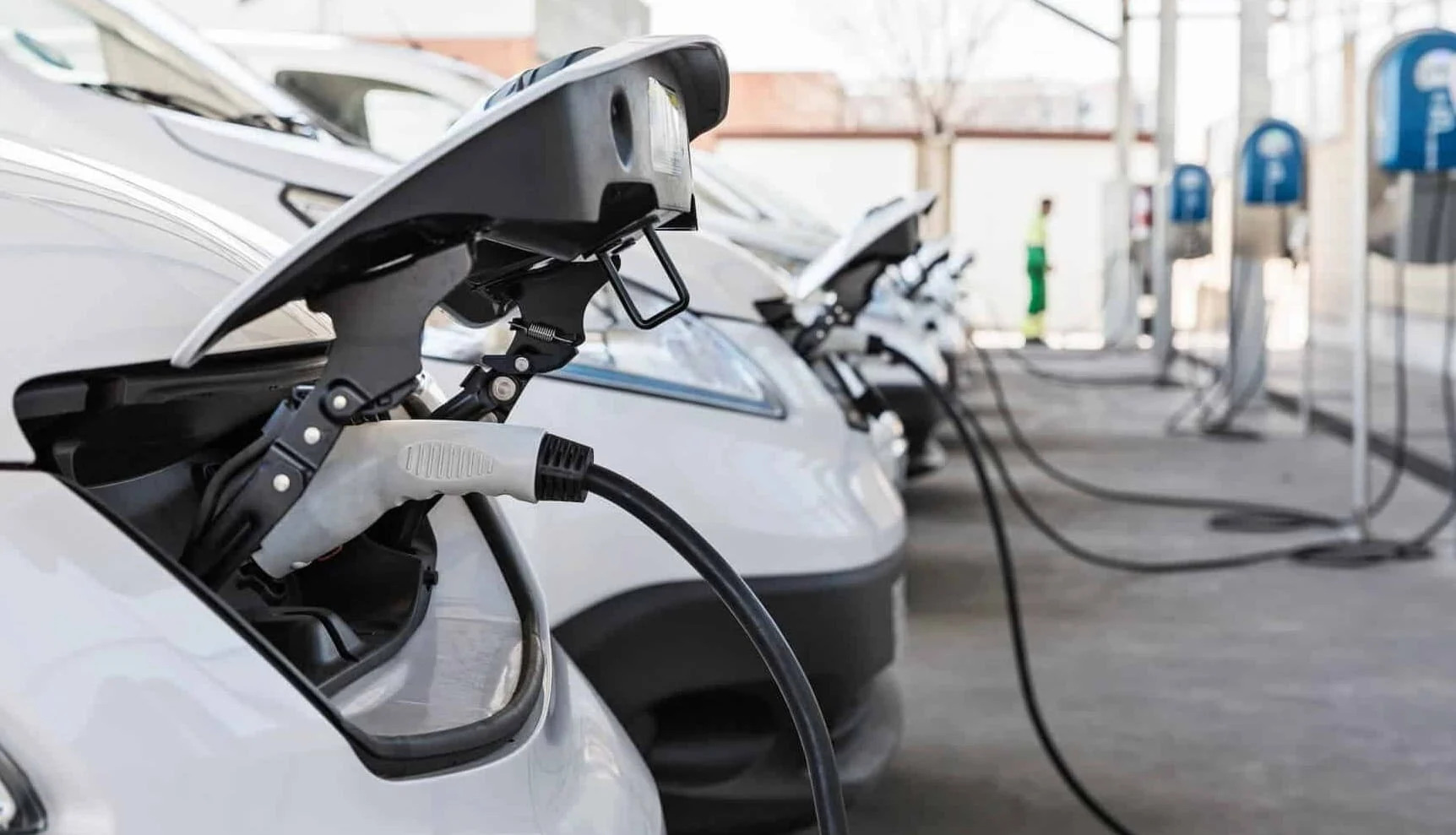
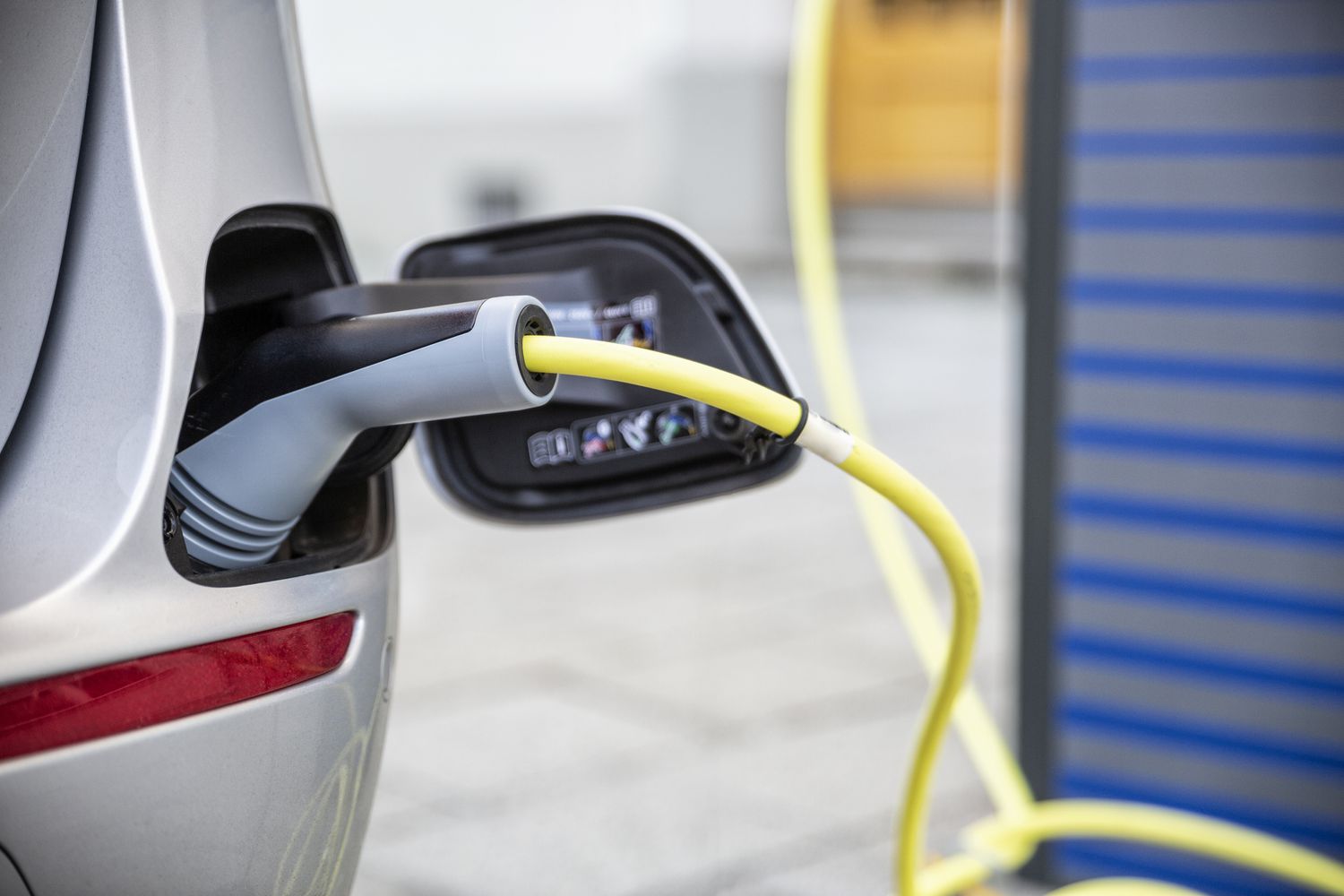
Charging Your Car Even When the Power Goes Out
Perhaps most importantly, BESS-powered charging stations provide grid independence. During power outages, grid failures, or extreme weather events, these stations can continue operating using their stored energy reserves. This reliability is crucial as EV adoption increases and charging becomes more essential for daily transportation.
Advanced systems can even provide backup power to nearby buildings or feed excess energy back to the grid during emergencies, creating a more resilient energy ecosystem.
Your EV Station Doubles as a Solar Power Hub
BESS systems often integrate with renewable energy sources like solar and wind power. By storing clean energy when production is high and releasing it when needed, these systems maximize the environmental benefits of both renewable generation and electric vehicle adoption.
This creates a virtuous cycle: cleaner charging leads to truly zero-emission transportation, while smart energy storage helps stabilize renewable energy integration across the broader grid.
The Future is Battery-Backed
As EV adoption continues growing, the limitations of traditional grid-connected charging will become more apparent. Peak-hour bottlenecks, high electricity costs, and reliability issues will only worsen without infrastructure innovation.
BESS-powered charging represents the next evolution in EV infrastructure – one that prioritizes driver experience while supporting grid stability and environmental goals. Companies like Tobor are leading this transition, positioning themselves at the forefront of the sustainable transportation revolution by deploying smart battery storage solutions across charging networks.
For EV drivers, the message is clear: seek out BESS-powered charging stations for faster, cheaper, and more reliable charging. Companies like Tobor are making this technology more accessible, proving that battery storage isn’t just an upgrade – it’s becoming essential infrastructure for the electric future we’re building.
LATEST FROM THE BLOGS
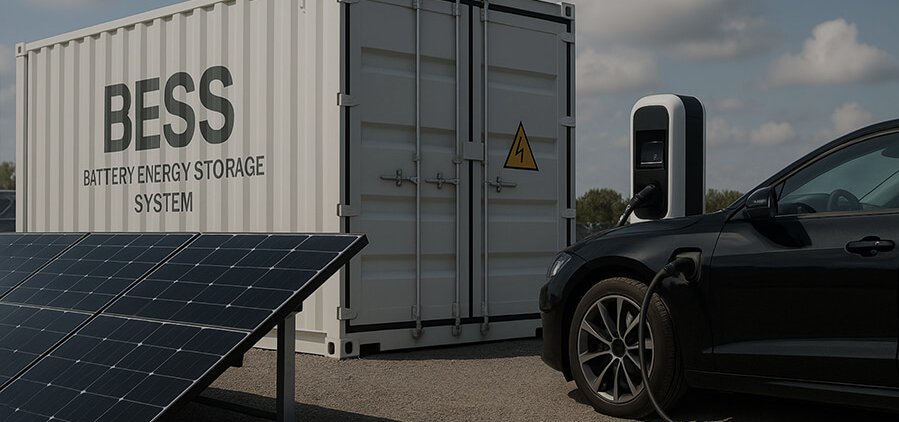
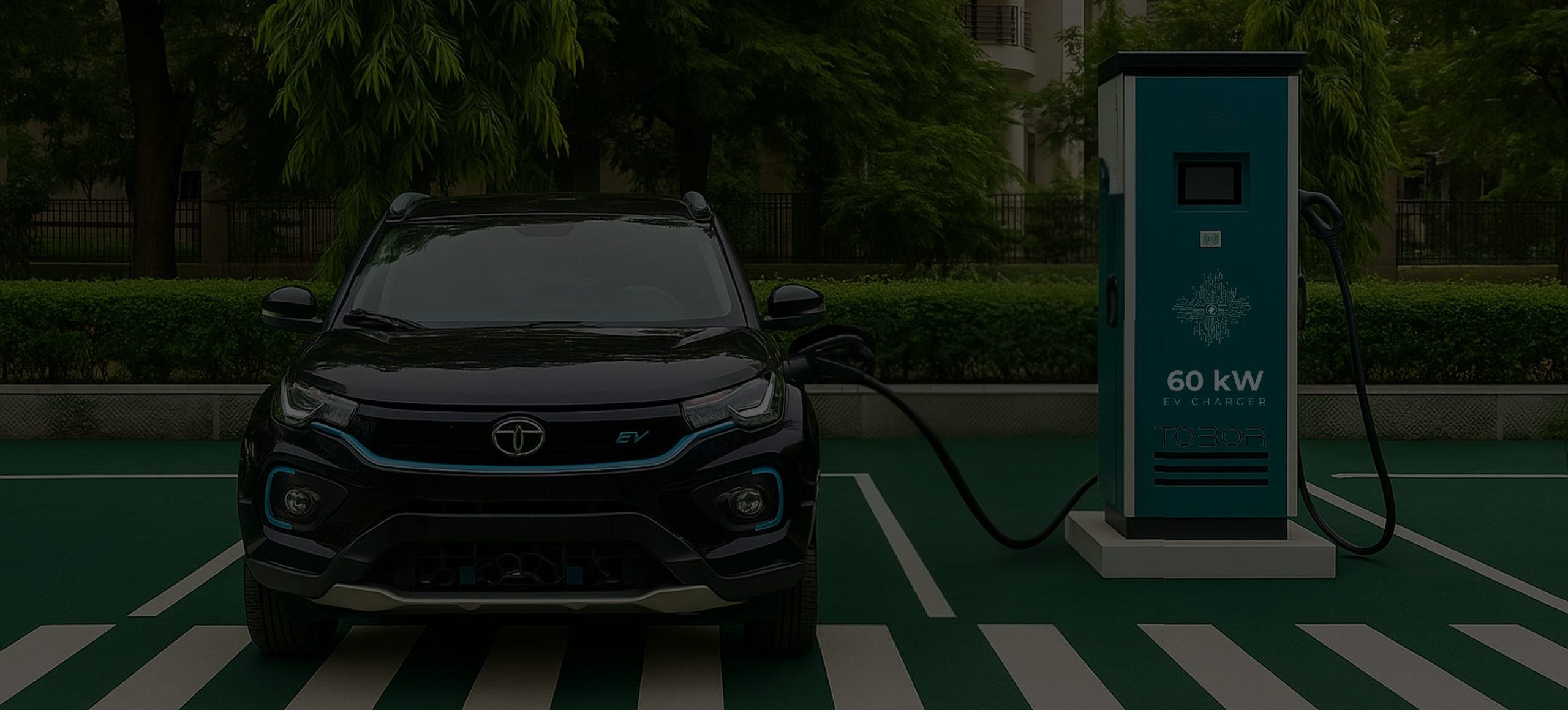
Get a Custom Solution for Your Need
Let us know your requirements — we’ll get back with tailored options and a quick quote.

